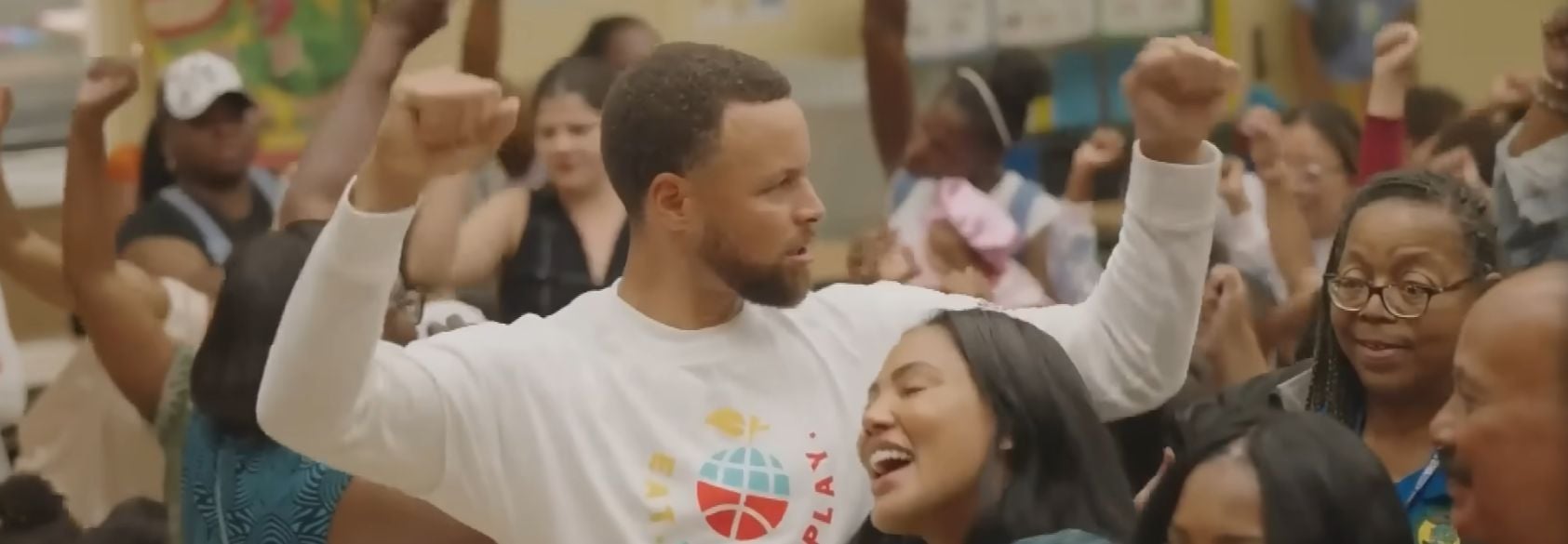Today's News, Tomorrow's Lesson
Nelson Mandela, South Africa's first black leader and the man who came to symbolize the struggle against apartheid, has died at age 95. The announcement of Mandela's death was made by current South African president Jacob Zuma, who called the day "the moment of our deepest sorrow."











